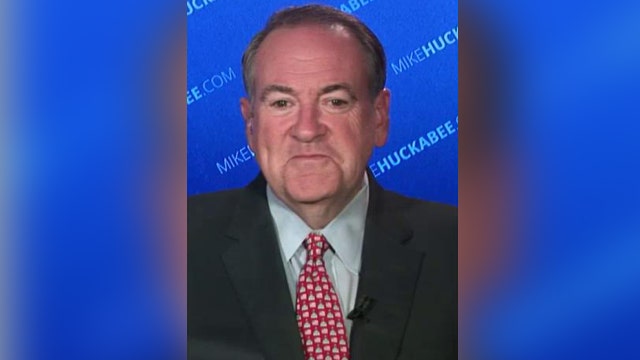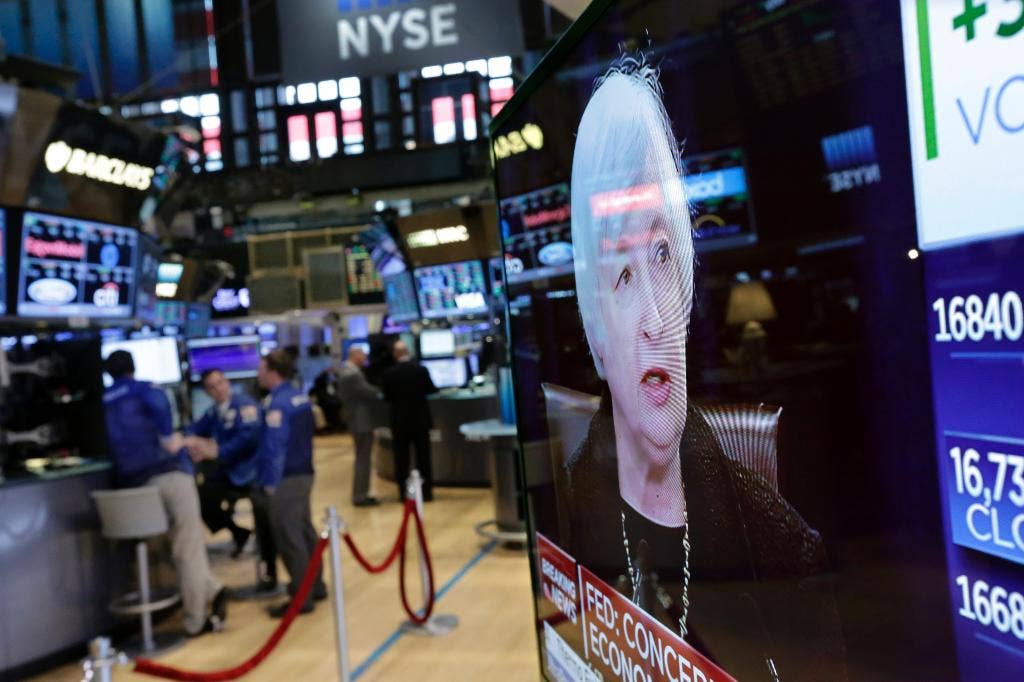As Yogi Berra might say, it’s déjà vu all over again in Washington. As happened with health care, Democrats are about to sic government bureaucrats on a huge chunk of the American economy—this time the banking and financial sectors.
Comprehensive new regulations have passed the House and after the July Fourth break will go back to the Senate, where the bill currently lacks enough bipartisan support to pass.
But, as with health care reform, count on Democrats succeeding with the legislation. They are cutting complicated accounting deals to win the support of a few pliable Republicans. And, as with health care, consumers will ultimately take a hit, as new premiums on banks cause an increase in fees for services such as checking accounts.
Finally, as with health care, the overhaul will be a victory for President Obama’s big government agenda and a defeat for effective reform. Consider the red flags.
In a disturbing echo of what House Speaker Nancy Pelosi (D-Calif.) said about Obamacare (“We have to pass the bill so that you can find out what is in it”), Senator Christopher Dodd (D-Conn.) said of the proposed new financial regulations, “No one will know until this is actually in place how it works.”
According to The Washington Post, the “far-reaching new financial rules” would create “A new consumer protection bureau housed in the Federal Reserve [that] would have independent funding, an independent leader and near-total autonomy to write and enforce rules.
The government would have broad new powers to seize and wind down large, failing financial firms and to oversee the $600 trillion derivatives market. In addition, a council of regulators, headed by the Treasury secretary, would monitor the financial landscape for potential systemic risks.”
Will that be effective? You be the judge. The fathers of the legislation are Dodd, chairman of the Senate Banking Committee and Rep. Barney Frank (D-Mass.), chairman of the House Financial Services Committee.
This troublesome twosome stoked subprime mortgage abuses by Fannie Mae and Freddie Mac that contributed to the near crash of the country’s financial system in September of 2008. Putting Dodd and Frank in charge of financial regulation, abetted by Pelosi, is like putting Willie Sutton along with Bonnie and Clyde in charge of bank reform.
By institutionalizing government intervention with large financial institutions that mismanage their way to near bankruptcy, the proposed new regulations perpetuate “too big to fail” government bailouts.
The new regulations’ weak rules on proprietary and derivatives trading provide bank lobbyists with wiggle room to repeat past excesses. Even worse, the legislation doesn’t revamp Fannie Mae or Freddie Mac. It doesn’t end their unlimited credit line from the government. The losses from these two government-sponsored lenders have already cost taxpayers $145-billion and their red ink keeps flowing.
Like health care reform, the new financial regulations give government regulators wide policing discretion to catch abusers and set limits on free market activities.
But the Federal Reserve, the Securities and Exchange Commission and other government agencies were deaf, dumb and blind to Ponzi schemer Bernie Madoff and to the American International Group (AIG), whose government “rescue” has already cost taxpayers $130-billion, and counting.
Federal “gumshoes” also failed to detect or deter a number of Wall Street and Main Street banks that bent the risk curve on lending and investing before the 2008 meltdown. Is it reasonable to believe that government bureaucrats that have acted like Keystone Cops for years will suddenly act with Sherlock Holmes-like investigatory brilliance in the future?
With déjà vu predictability, the new financial regulations are also rife with counterproductive consequences. For example, the clampdowns on derivatives will send bank business (and U.S. jobs) to foreign markets like Asia. New rules on bank reserves will limit lending to consumers and businesses. Expect interest rates on home, car and business loans to rise.
And new empowerment of government bureaucrats even caused The New York Times to comment that, “Requiring banks to provide reams of additional data will create jobs for lawyers and analysts, but will it produce better results?”
As with Obamacare, the devil is in the details of executing the reforms. There is much room for devilish overreach and mismanagement by government when we have yet another 2,000-page bill that gives bureaucrats ill-defined but sweeping authority (and is thus “too big to fail”).
But Democrats are hell-bent on handing Obama another trophy law that touts his government control agenda abroad and at home, well before November’s mid-term elections.
However, in an Associated Press poll last week, 64% of Americans said they doubt that the new financial regulations will prevent a future financial meltdown. Americans are skeptical of the premise behind all of Obama’s initiatives: “Trust me, I’m from the government and I’m here to help you.”
A refrain from a Crosby, Stills, Nash and Young song called “Déjà Vu” says it best: “We have all been here before.”
Communications consultant Jon Kraushar is at www.jonkraushar.net.
Fox Forum is on Twitter. Follow us @fxnopinion.





Leave a Reply